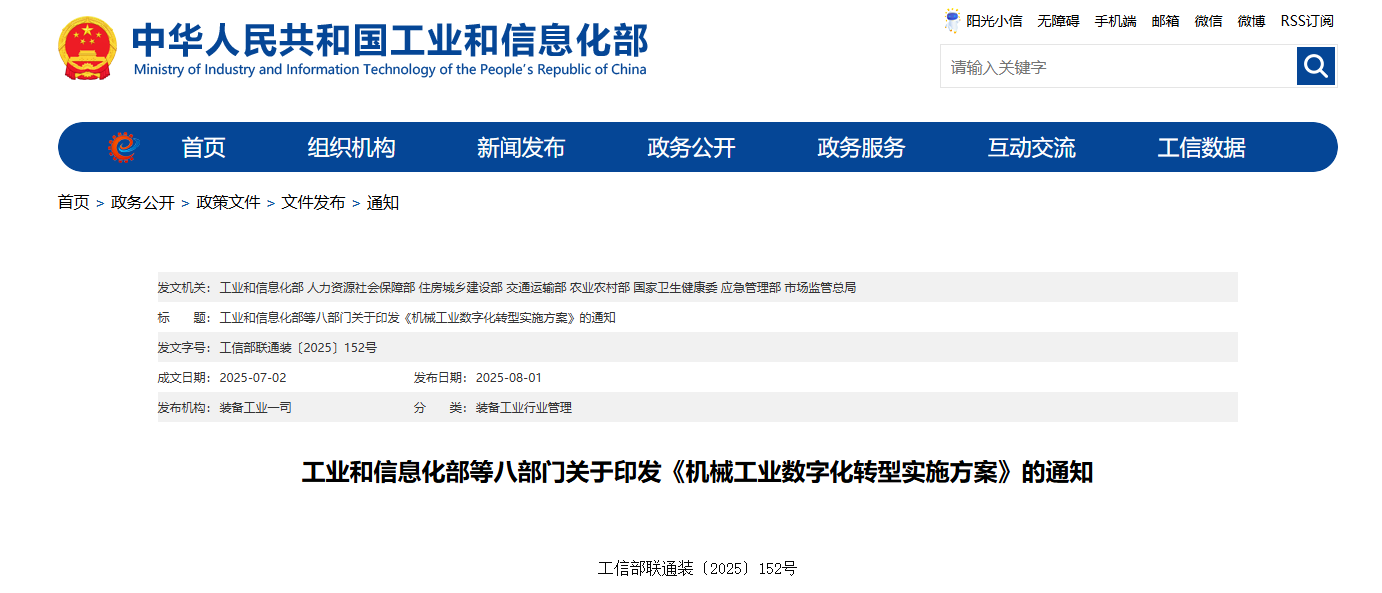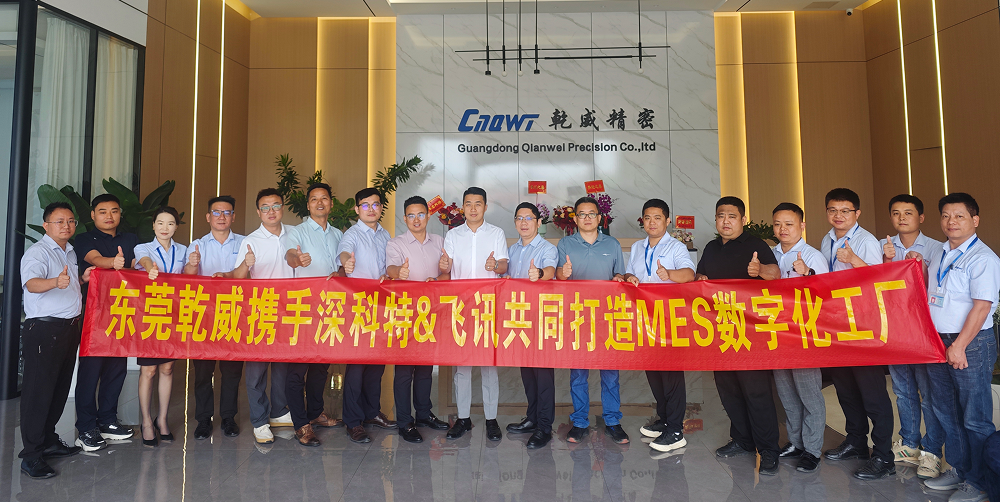工厂WMS系统的实际案例

Title: Optimizing Warehouse Operations with a WMS System: A Real-Life Case Study
Introduction:
In today's rapidly evolving business landscape, efficient warehouse management is of paramount importance for companies to meet customer demands effectively. One key tool in achieving this goal is the Warehouse Management System (WMS). This article explores a real-life case study of an industrial factory that successfully implemented a WMS system, examining its benefits from multiple angles.
I. Context and Challenges Faced by the Factory:
The case study revolves around a medium-sized manufacturing plant that faced numerous operational challenges due to manual inventory management processes. The lack of real-time visibility into inventory levels, inefficient picking and packing processes, and errors in order fulfillment were costing the company valuable time and money. These issues prompted the factory's management to seek a suitable technological solution – a WMS system.
II. Implementation of the WMS System:
The factory partnered with a leading technology solutions provider to implement a customized WMS system tailored to their specific needs. The implementation process involved several stages:
1. Analysis and Planning: The WMS provider conducted a thorough analysis of the factory's existing warehouse processes and identified areas that required improvement. A detailed plan was then developed, outlining the functionalities and features of the proposed WMS system.
2. Software Development and Integration: The WMS provider developed the software based on the identified requirements. The system was integrated with the factory's existing enterprise resource planning (ERP) system to ensure seamless data flow and real-time updates between departments.
3. Training and Adoption: The factory's employees underwent comprehensive training sessions on how to use the new system effectively. This included understanding the functionalities, navigating the interface, and troubleshooting common issues. Regular follow-up sessions were conducted to address any concerns or queries.
III. Benefits and Impact:
1. Real-Time Inventory Visibility: With the WMS system in place, the factory gained real-time visibility into its inventory levels. This allowed for accurate demand forecasting, reduced stockouts, and optimized replenishment processes. The system also provided alerts for low stock levels, enabling timely reordering and preventing production delays.
2. Streamlined Order Fulfillment: The implementation of the WMS system streamlined the order fulfillment process, reducing errors and increasing customer satisfaction. Automated picking and packing processes eliminated manual errors, while the system's intelligent algorithms optimized warehouse space utilization, reducing unnecessary movement within the facility.
3. Enhanced Operational Efficiency: The WMS system facilitated efficient task allocation and tracking, eliminating bottlenecks and optimizing labor utilization. Warehouse personnel were able to prioritize tasks based on real-time data, improving productivity and reducing overall operational costs. Furthermore, automated inventory tracking reduced the time spent on manual record-keeping, allowing employees to focus on value-added activities.
4. Improved Data Accuracy and Reporting: Manual data entry and record-keeping often led to inaccuracies and delayed reporting. The WMS system automated these processes, ensuring real-time synchronization between different systems and generating accurate reports. This enhanced data accuracy enabled informed decision-making, leading to improved operational strategies and overall performance.
IV. Conclusion:
The successful implementation of a WMS system at the industrial factory resulted in significant improvements across various aspects of warehouse management. Real-time visibility, optimized order fulfillment, enhanced operational efficiency, and improved data accuracy were among the key benefits observed. This case study emphasizes the transformative potential of WMS systems in optimizing warehouse operations and highlights their relevance in today's competitive business environment. As industries continue to evolve, adopting efficient technological solutions like WMS systems becomes increasingly crucial for companies aiming to stay ahead of the curve.
飞讯软件成立于2006年,拥有自主研发低码开发平台。是一家集“营销、制造、采购”全链路数智化工厂定制方案商和服务商。产品服务:数字化车间、互联工厂和链主工厂。公司以MRO、ERP、MES、WMS、CRM、SRM等产品为基础,为客户提供数智化工厂整体方案规划和落地陪跑服务,服务范围覆盖珠三角和长三角地区。致力于帮助客户创立切合实际场景、可传承、可创新的数字化运营体系,解决“流程信息化、管理数字化和决策智能化”等问题,为不同企业、不同阶段实现不同的经营目标。























请先 登录后发表评论 ~